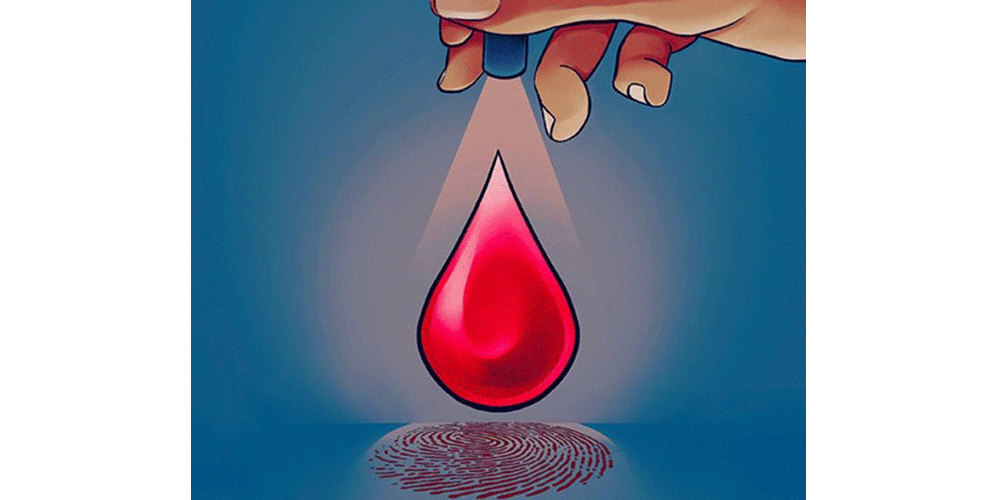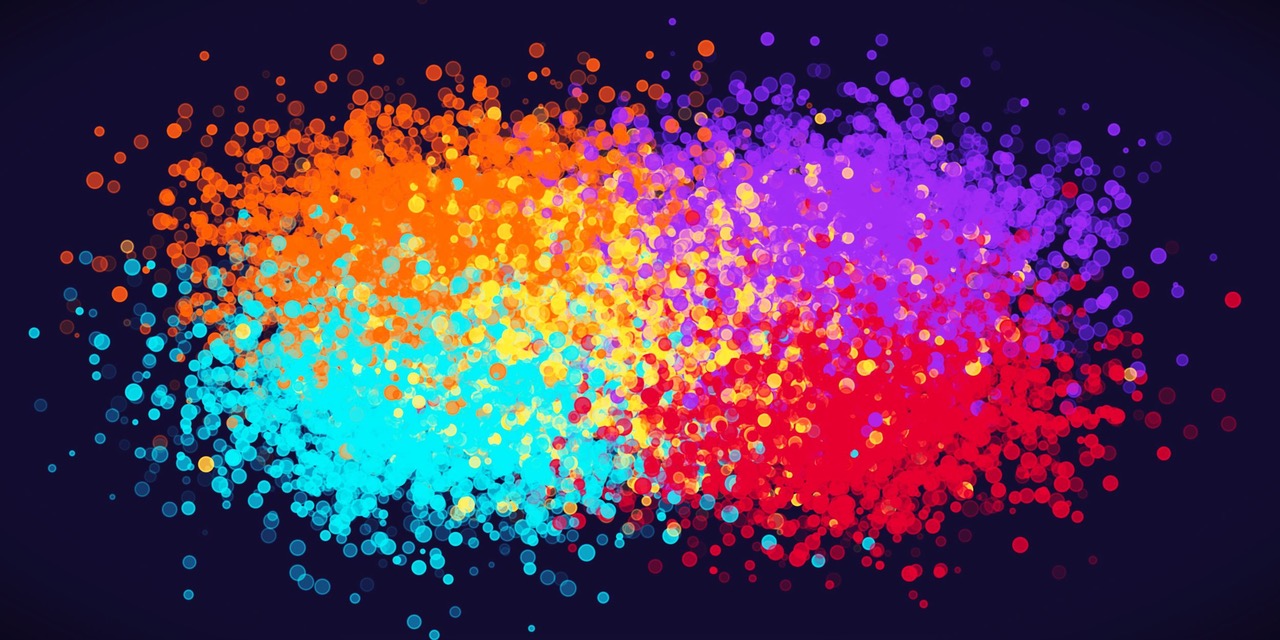M.Sc. // Application of droplet microfluidics for field-resolved infrared spectroscopy
The Field-Resolved Infrared Spectroscopy (FRIS) Group (www.attoworld.de/fris), located at the Chair of Experimental Physics of Prof. Ferenc Krausz at Ludwig-Maximilians-Universität München (LMU), together with the Max Planck Institute of Quantum Optics (MPQ) and the Center for Molecular Fingerprinting (CMF, www.cmf.hu) is pioneering ultrafast femtosecond laser technologies to advance field-resolved infrared spectroscopy for molecular fingerprinting.
… more
In collaboration with the Molecular Biophysics Group of Dr. Georg Krainer (www.molecular-biophysics.uni-graz.at/en) at the University of Graz, an expert in microfluidics, we are working on integrating microfluidic systems with field-resolved infrared spectroscopy. The resulting microfluidics-integrated laser spectrometers hold strong potential for application in large-scale clinical studies for early disease detection (see www.lasers4life.de and www.h4h.hu), enabling high-throughput measurements of human samples coupled with clinical metadata.
Project overview:
We are seeking for highly motivated and skilled students to join our team. The project focuses on exploring the applicability of droplet microfluidics for handling small sample volumes to enhance field-resolved infrared spectroscopy measurements. This work has the potential to contribute to development of molecular fingerprinting techniques for clinical sample analysis, ultimately aiming to improve healthcare in the long term. Major tasks will include assembling and testing a system for reproduceable droplet generation (both single and double emulsions), assessing the impact of various surfactants and oils on spectral measurements with field-resolved infrared spectroscopy, integrating the droplet generation system with the laser-based field-resolved infrared spectroscopy setup, and conducting experiments to evaluate the potential of droplet microfluidics for advancing spectral measurements of small sample volumes.
Required qualifications:
- BSc background in microfluidics, physics, automation, biology, chemistry or related fields;
- Enthusiasm to combine microfluidics and latest developments in laser physics to advance clinical diagnostics for better health care.
Position Details:
- Location: Research Center Garching, Faculty of Physics at LMU, Am Coulombwall 1, 85748 Garching;
- Possibility for a research visit at the University of Graz.
For application, please send the following documents to to Eszter Márton-Szűcs, as the HR associate:
- A brief cover letter explaining your interest in the position, and your qualification;
- Your CV;
- Your bachelor and master transcripts;
- Contact information for two references.
Contact:
Dr. Alexander Weigel
Email: alexander.weigel@mpq.mpg.de
Dr. Igor Kukhtevich
Email: igor.kukhtevich@lmu.de
Dr. Georg Krainer
Email: georg.krainer@uni-graz.at
If you are interested in this exciting opportunity to contribute to better health care, please send us your CV and study transcripts. Also, please write a couple of lines about your motivation.
less
Broadband infrared diagnostics
M.Sc. // Infrared Diagnostics of Human Health
The Broadband Infrared Diagnostics (BIRD) group, at the Chair of Experimental Physics at Ludwig-
Maximilians-Universität München (LMU) and the Max-Planck-Institute of Quantum Optics (MPQ) is
combining femtosecond laser-based technologies, and molecular spectroscopy with computational data
analyses for developing novel molecular infrared fingerprinting techniques to probe human health.
For master students of Statistical Physics, Informatics, Physics, Biophysics or related.
… more
We are a dynamic, interdisciplinary team of physicists, data scientists, biologists, and clinical experts,
all working together to harness infrared spectroscopy for medical applications. By detecting subtle
changes in the molecular composition of blood, we aim to capture and characterize early markers of
health and disease (www.attoworld.de/bird;
www.lasers4life.de).
We invite highly motivated LMU students to join our team for a master’s thesis project. This opportunity
focuses on applying machine learning and data analysis techniques to infrared spectroscopic data from
human blood samples. The goal is to examine and advance infrared profiling for medical testing.
Required qualifications:
- strong academic record;
- knowledge in statistics/machine learning/data analytics;
- knowledge of programming languages (e.g., Python);
- knowledge in biophysics/physical chemistry;
- interest in bio-medical applications;
- analytical, technical, and problem-solving skills.
Our group is based at the Research Center in Garching (Forschungszentrum Garching, Section Physics of LMU, Am Coulombwall 1, 85748 Garching),
accessible by public transport.
Contact:
Dr. Mihaela Zigman
mihaela.zigman@mpq.mpg.de
Tarek Eissa
tarek.eissa@physik.uni-muenchen.de.
less
attosecond spectroscopy 2.0
M.Sc. // spectral broadening and self-compression towards sub-cycle pulses
This master's thesis project involves the characterization of spectral broadening and temporal compression of near-infrared pulses, from the 30-fs transform limit to sub-10 fs durations.
… more
By exploring the nonlinear dynamics within various solid-state media, the project aims to gain insights into their behavior under high-intensity laser conditions and understand how these dynamics scale with pulse energy. Additionally, the project seeks to optimize the processes involved in spectral broadening, with a focus on achieving stability and optimizing output pulse duration. This research opportunity offers a chance to contribute to the field of laser physics, uncover fundamental aspects of spectral broadening, and pave the way for advancements in ultrafast laser applications.
Only students enrolled at the LMU will be considered.
Contact:
Dr. Nicholas Karpowicz
Email: nicholas.karpowicz@mpq.mpg.de
less






